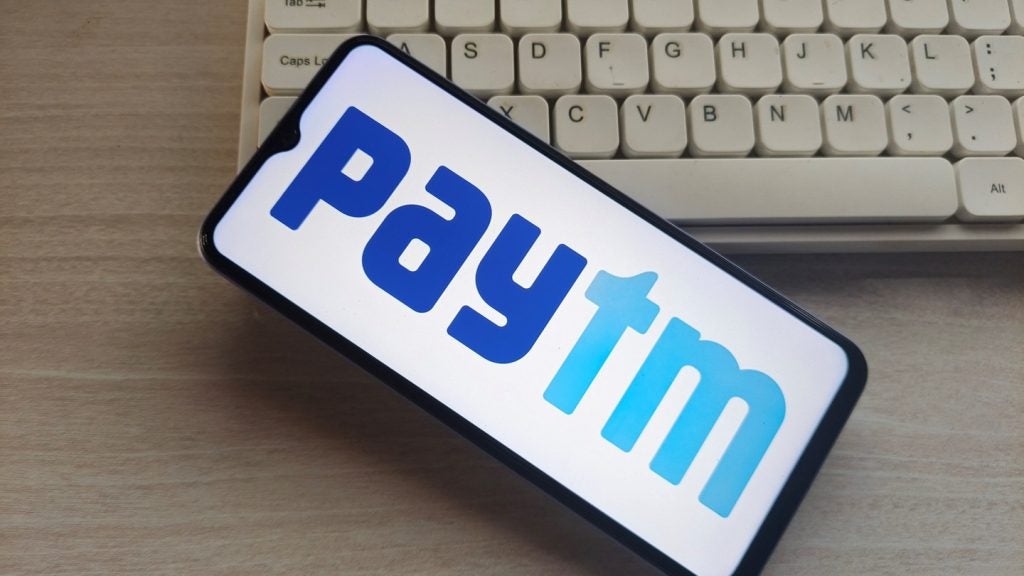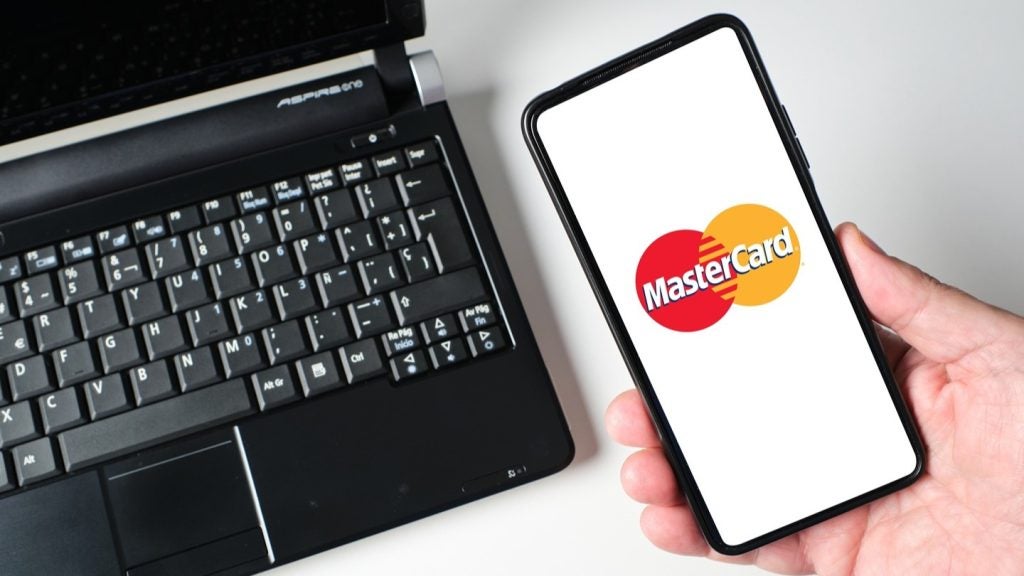
Brexit and its anxiety-inducing prospects aside, it would seem the UK’s e-commerce market is positively flourishing. Just one quick glance around the room at a recent conference promoting the export of British products into the US would satisfy any doubter that there is a booming market to be tapped into. Anna Milne writes
Daniel Mayhew, country manager of US cross-border online payments platform Payoneer, event host, said the company was very excited to be coming to the UK.

Access deeper industry intelligence
Experience unmatched clarity with a single platform that combines unique data, AI, and human expertise.
“We are here for good reason,” he said. “There is huge demand for our products and services.”
But what makes it so appealing at a time when there is so much uncertainty caused by the Brexit vote?
Brexit was very much shrugged off as inconsequential to this burgeoning field of retail. In fact, Edward Donald, marketing specialist working for the E-Exporters programme at the Department of International Trade, was at the event to promote the government’s campaign to support and advance the UK e-exporting community. It was evident from Donald’s account of his work with the government that Brexit was in no way hampering the UK’s retail export trade.
Mayhew expressed excitement about the sense of entrepreneurship and the mature e-commerce market in the UK, and said it was “perfect timing” for Payoneer.

US Tariffs are shifting - will you react or anticipate?
Don’t let policy changes catch you off guard. Stay proactive with real-time data and expert analysis.
By GlobalDataMayhew lauded the UK populace as “internet-savvy” and said small businesses were “riding the wave of Amazon, with their roots in bricks and mortar and moving their business online”.
Jonny Steel, Payoneer’s marketing director, said: “UK merchants can do nicely – 14.5-15% of retail is online commerce. This is twice the US volume of 7.5%.”
Steel continued on the theme of Brexit, saying that while uncertainty, concern and frustration with miscalculation in figures had found their way into the nation’s psyche, the weak pound that followed the referendum triggered a spike in exports and there was a “flourishing market for a short while”. In terms of a hard Brexit, “there is a mutual interest to get a deal,” said Steel.
“No one is being put off. And the US, as well as China and Japan, are extremely keen on British stuff,” Steel noted.
The world of online shopping knows no borders, clearly. But what are the key ingredients to making a go of online retailing?
THE E-COMMERCE SECRET
To make the most of a ripe market, companies need to have exactly the right offering, and that can be quite difficult to achieve with the number of different payment solutions increasing all the time – and it being crucial to host as many as possible to keep the customers coming in and coming back.
And ultimately, it is all about the technology when trying to nail a great consumer service. Seamless technology provides speed, convenience and reliability, whatever the product or service may be on the face of it.
It is also true that the bones of the service are frequently quite different from the proposition on the face of it. Take Payoneer, for example. Outwardly it is an efficient and fast-growing payments platform; in essence, however, it is a technology company.
If the tech is not strong and reliable, the face of it is nothing. This is how Payoneer is able to operate between 150 currencies and take on as much business as there is demand for.
A better example is Klarna. At face value it is a convenient payment service – innovative and original; behind the scenes, however, it is basically just a huge credit-decisioning engine. And an extremely smart one at that.
“Our secret black box is a lot of technology around fraud and risk. We look like a payment company but actually we are more of a credit risk company,” said Matthew Perkins, product director, Klarna, who is in charge of the company’s UK push.
Speaking to Perkins, it became clear that quite apart from making its mark on the UK retail scene, Klarna wants to become a standard payment option and encourage a different kind of shopping, that of making it the norm for people to purchase three sizes of a pair of shoes or garment, for example, with the blatant intention of only purchasing one and returning the other two.
Up until now, although this has been made popular by the likes of Asos – and to a certain extent Amazon Prime and PayPal – this approach to the shopping basket has remained something of a surreptitious endeavour, kept under the radar as if it was a glitch that customers took advantage of.
Klarna, however, wants to be upfront and use it as a selling point, making it clear on the merchant site that deliberate overpurchasing with the intention of returning unwanted items is actively encouraged – welcomed, even.
Incidentally, Klarna, with its recent issuance of a banking licence, is very well placed to capitalise on the incoming second Payment Services Directive, and it is quite open about that too.
“We’re very good at building out apps, to plug into people’s bank accounts – with their permission – to either make credit decisions better or manage other accounts. Some banks will react to that and others won’t. Our focus is all around the consumer, great experience, great design – all that kind of stuff.”
OMNICHANNEL OR MOBILE?
According to Steel, the retail market is not converging on mobile, contrary to much of the guff being peddled around the dominance of mobile payment apps.
It is not about plumping for the most popular payment solution, rather about providing as many as you can to keep as many customers happy as you can.
A recent chat with Pierre-Antoine Vacheron, CEO at Ingenico ePayments, revealed exactly the same thing: It is basically about providing as much as you can for the customer.
Choice is king. Choice, as long as it is convenient and super-fast. They have their work cut out.







